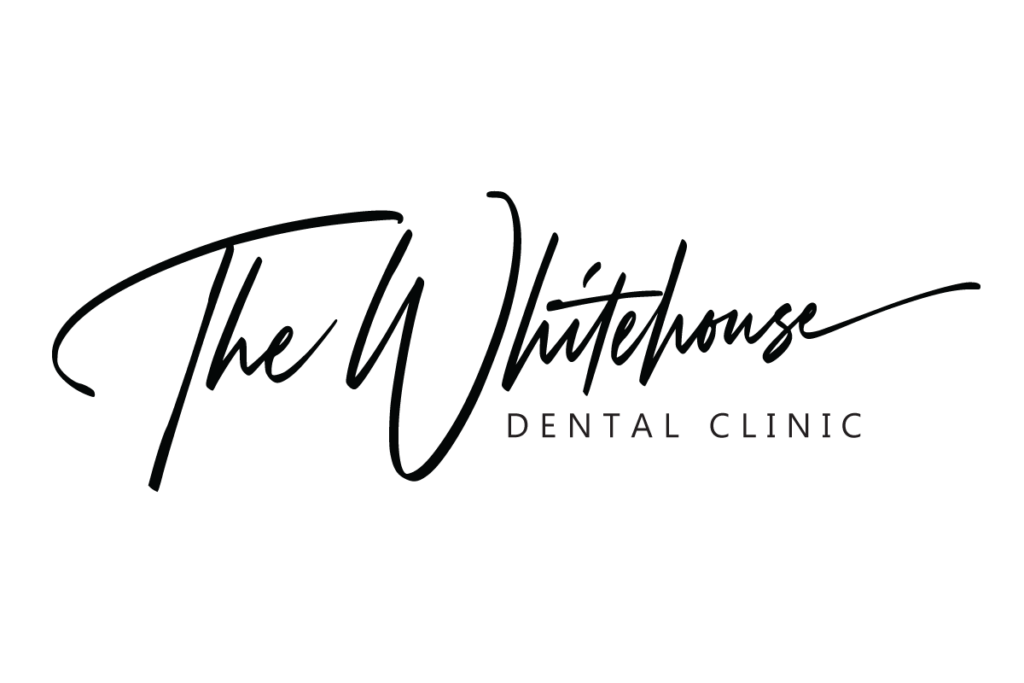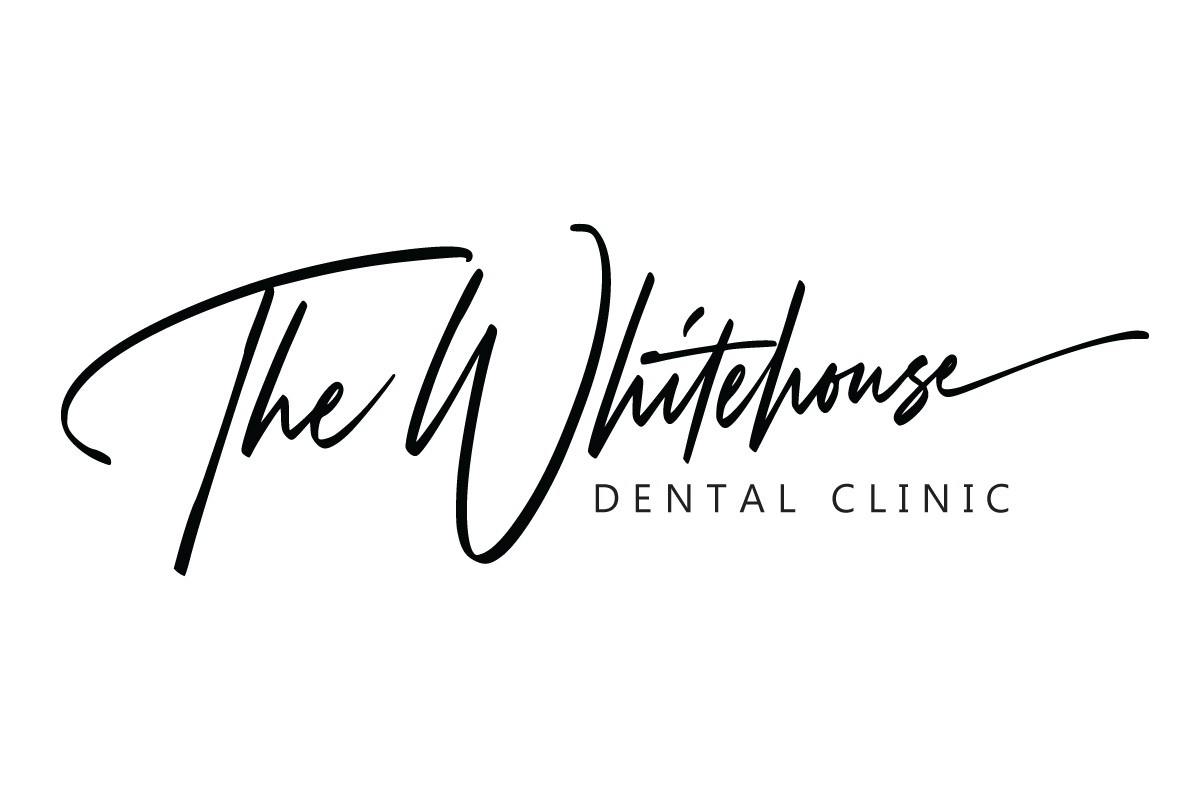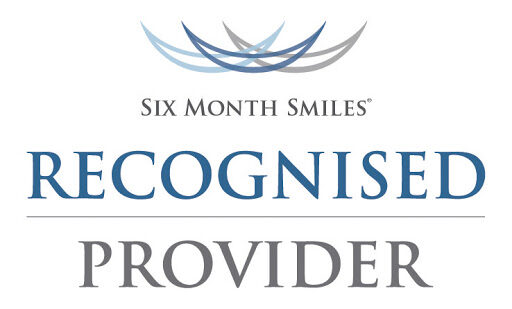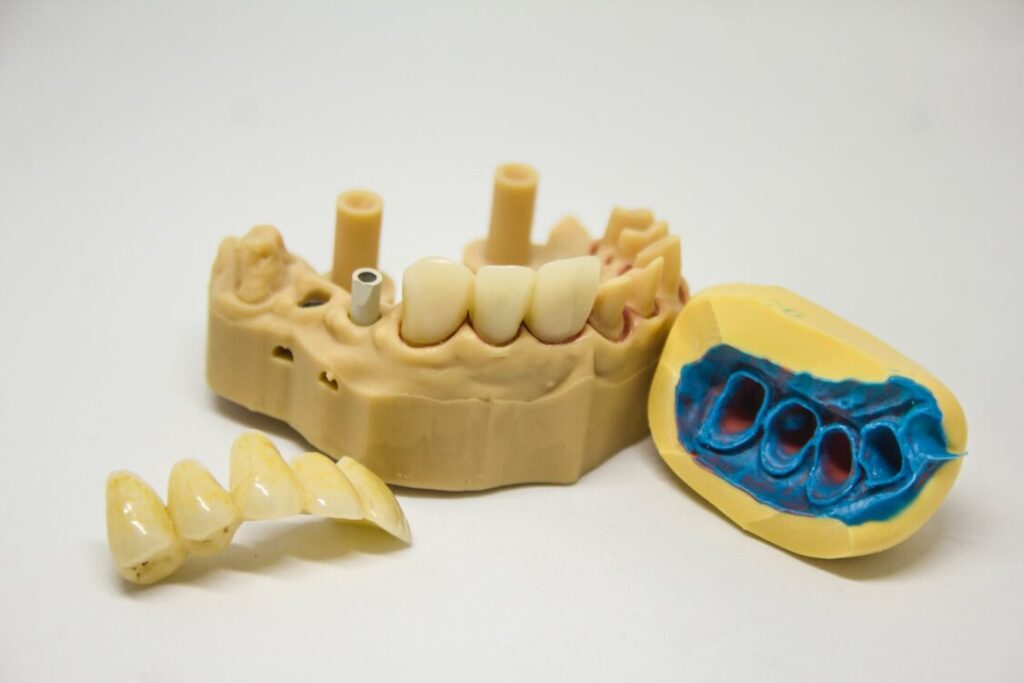What Is Cosmetic Bonding?
Cosmetic bonding is also known as tooth bonding or dental bonding. It is a procedure in cosmetic dentistry in which a tooth-colored substance is “bonded” to the natural tooth surface to fix small issues.
The substance used in this procedure is a putty-like material called composite resin. This is why sometimes the procedure is also called composite bonding.
Why Is Cosmetic Bonding Done?
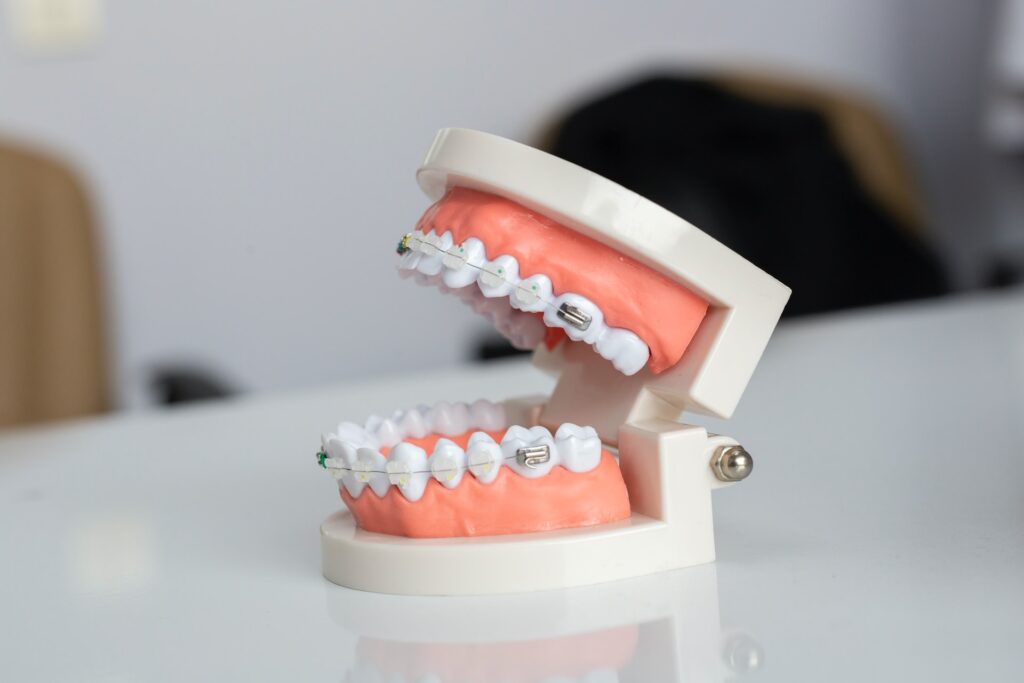
Cosmetic bonding is a great and relatively cheaper option to restore someone’s smile. It can be used to take care of multiple issues with a person’s teeth such as –
- Any chips or cracks in the tooth surface
- Small cavities
- Discolored or stained teeth
- Gaps or spaces between teeth
- Misshapen teeth
- Teeth with differing lengths
- Exposed roots
What Can I Expect During Cosmetic Bonding?
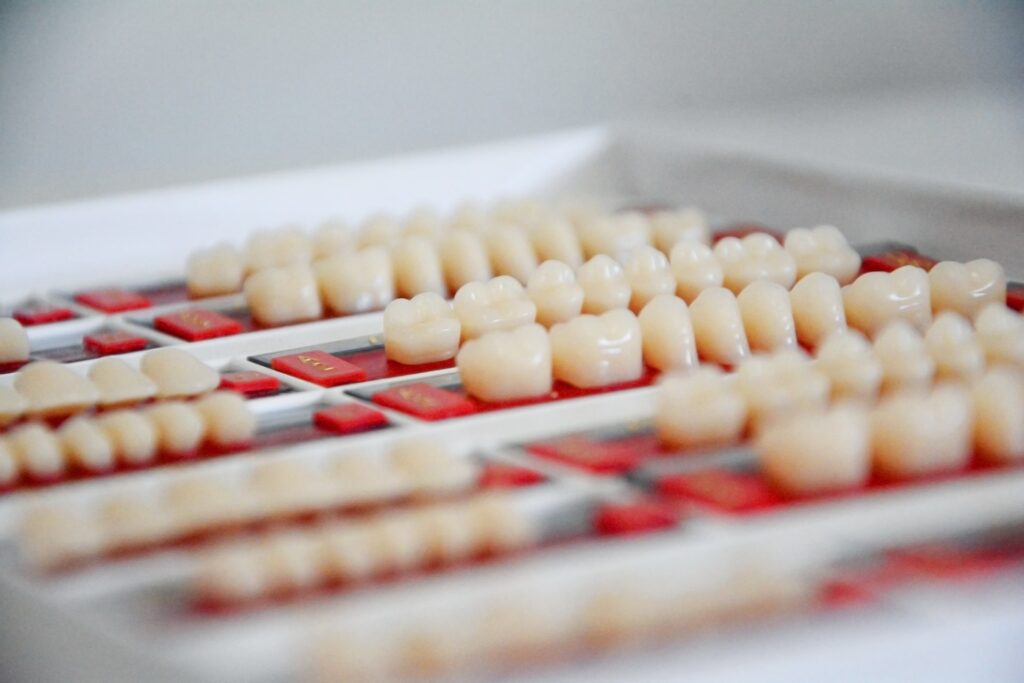
Cosmetic or dental bonding is a rather simple procedure. It is performed without any numbing agent unless a cavity has to be filled or the tooth needs to be drilled. It is an outpatient procedure with no downtime.
Here’s what you can expect if you decide to get your tooth bonded.
Preparation
There isn’t any significant preparation involved in the tooth bonding procedure. The dentist will examine your oral cavity thoroughly. They will make a note of the areas that require bonding.
The shade of the composite resin is matched to your natural teeth so that the final result is aesthetically pleasing.
Application of Bonding Agent
The surfaces of the concerned teeth are then roughened to prep for the bonding agent.
A conditioning liquid is then applied to the teeth. This liquid helps the plastic resin to “bond” or attach to the tooth surface.
The composite material is applied to the conditioning liquid. This is then carved, molded, and smoothed into the shape that is desired.
Setting The Composite
Once the composite is shaped properly, it is hardened or set using ultraviolet light. Once it has been set, the composite is further trimmed and shaped. The final step involves polishing the bonding material to match the sheen of the natural teeth.
The total time taken to complete the tooth bonding procedure is anywhere from 30 to 60 minutes.
Pros And Cons Of Cosmetic Bonding
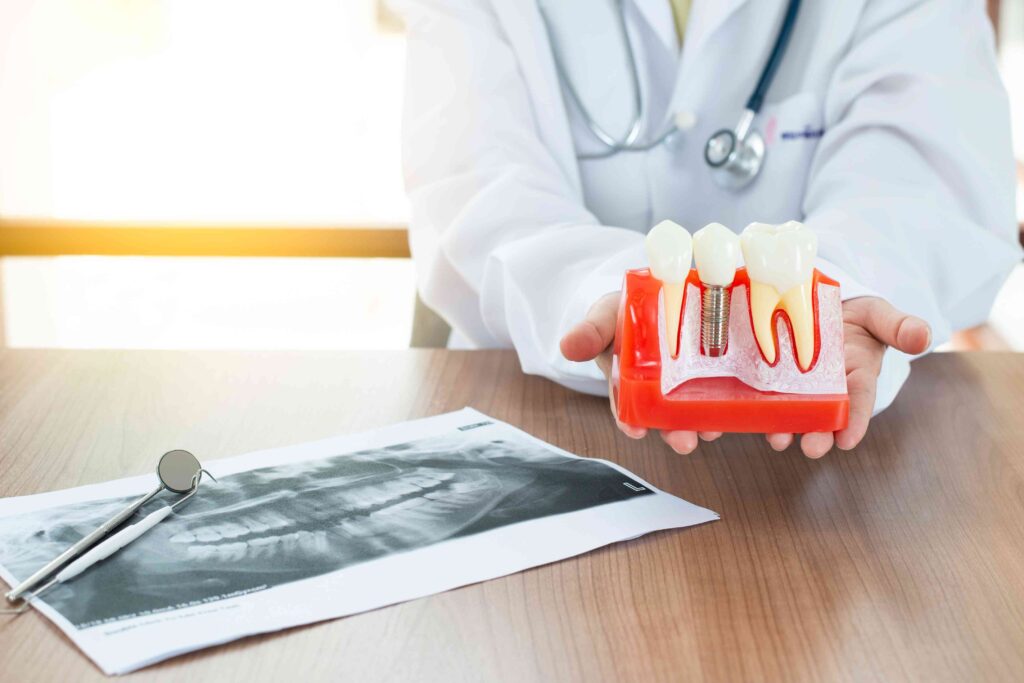
Pros Of Cosmetic Bonding
- Easiest cosmetic procedure
- Least expensive cosmetic procedure
- Painless
- Quick – can be done in one office visit, unless extensive work needs to be done
- No use of anesthesia unless tooth needs to be cut down
- Minimally affects the natural tooth
- Patients can return to their normal routine right after the procedure is completed
Cons Of Cosmetic Bonding
- Not stain resistant when compared to other cosmetic work like dental crowns, veneers, etc.
- Not as strong as dental crowns, veneers, etc.
- Prone to chipping and breaking
Owing to its limitations, dentists usually recommend tooth bonding for minimal corrections. Additionally, they will advise cosmetic bonding on teeth that receive less pressure – like the front teeth. Cosmetic bonding is also done for short-term corrections.
Caring For Cosmetically Bonded Teeth
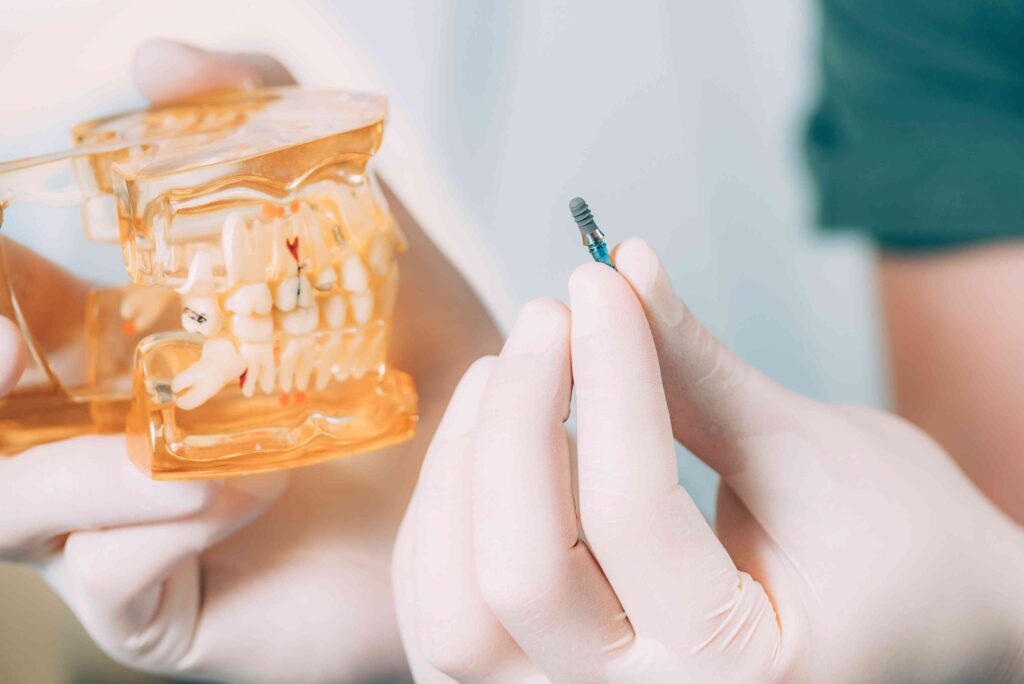
You need to remember that nothing is as strong as the enamel on your natural teeth. This includes the composite resin used for bonding.
- Avoid chewing on ice
- Avoid hard candies
- Don’t chew on pens and pencils
- Don’t bite your nails
- Avoid grinding your teeth or clenching your jaw
All of these habits apply increased pressure and forces on the teeth. This could chip and break the bonding.
Similarly, the composite resin isn’t stain-resistant either. This means that ingestion of foods and beverages that are naturally dark-colored or have artificial coloring can stain the bonding.
- Go easy on red wine, sodas, tea, coffee, etc.
- Avoid foods with artificial coloring like candies.
- Avoid acidic foods – these can also break down not only the bonding but also your natural teeth.
- Smoking not only stains your teeth and the bonding but also greatly affects your oral health in general.
Aside from avoiding the things listed above, you have to make sure that you’re caring for your oral health properly.
This means brushing and flossing regularly and visiting your dentist every 6 months. Taking care of your dietary habits also plays a great role in maintaining your oral health.
With proper care, bonded teeth can last up to 7 years.
Can Bonded Teeth Be Whitened?
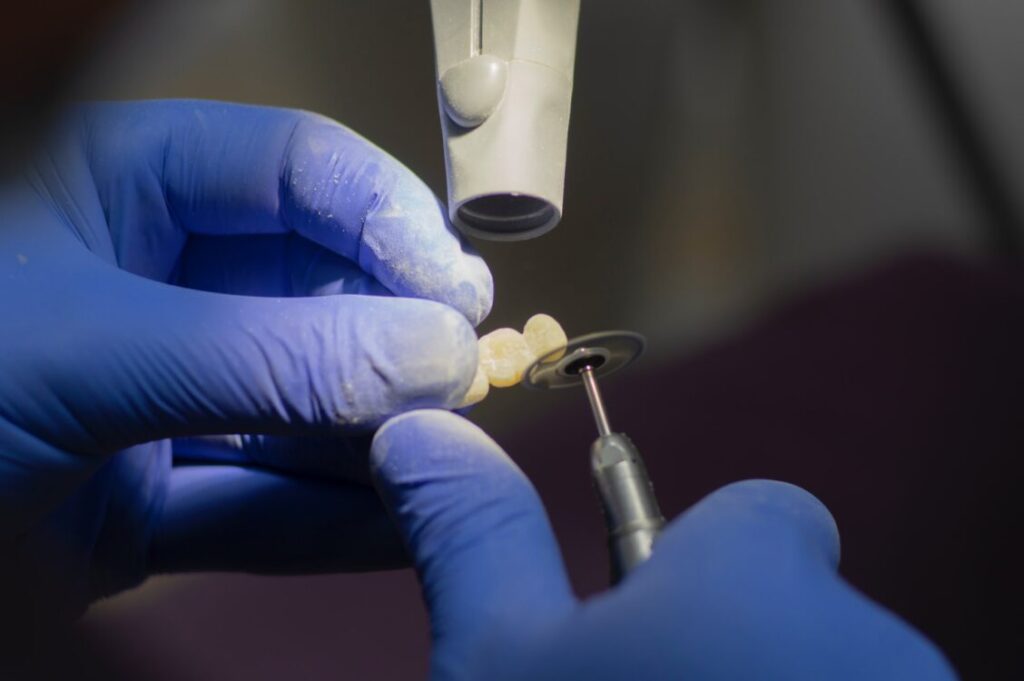
The enamel on the natural tooth surface is porous. Due to this, staining agents can easily penetrate the surface and cause discoloration. The same porous enamel also allows the teeth whitening treatment’s bleaching agents to penetrate the deeper layers of the teeth. This results in a bright, dazzling smile.
Unfortunately, the material used in cosmetic bonding behaves rather differently than natural enamel.
Composite resin is nonporous. So while it can stain over time, it stains at a relatively slower rate than your natural teeth. The lack of pores also prevents the bleaching agents in teeth whitening agents from seeping in, thereby preventing whitening.
In conclusion, no, bonded teeth can not be whitened. This is why you have to be extra careful with regard to staining. Because once it happens, it can not be restored to its previous aesthetic version. If teeth whitening is done post bonding, the natural teeth will appear brighter while the bonded material will stay the same.
If you wish to opt for a whitening treatment, do so before cosmetic bonding.
Is Tooth Bonding Safe And Permanent?
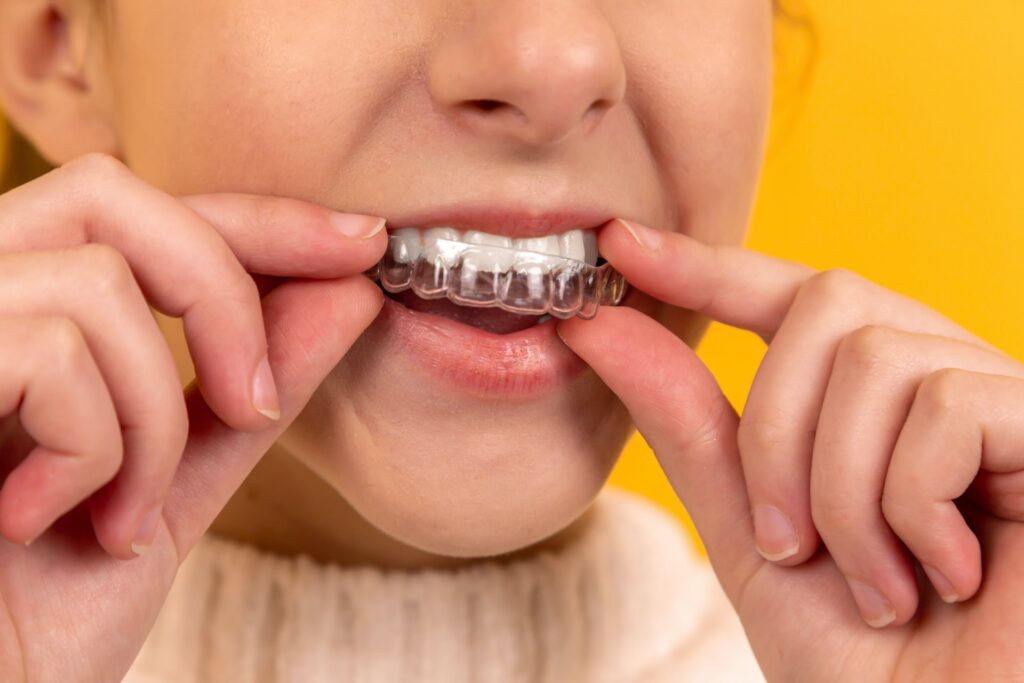
To answer your question, yes, tooth bonding is a pretty safe procedure since it isn’t an invasive procedure. Additionally, it doesn’t involve the use of any harmful agents.
Furthermore, your natural tooth isn’t getting affected. No unnecessary cutting down of healthy teeth is done as in the case of dental crowns and veneers. The surface is simply prepped and the bonding material is applied and set. This makes the tooth bonding procedure non-permanent.
The patient is free to go down a different route in the future should they choose to do so.
At The White House Dental Clinic, we take extra care in providing top-notch and aesthetically pleasing results with cosmetic bonding. To experience Dr. Elese Pottie’s expertise, call us at (042) 975-4833.
